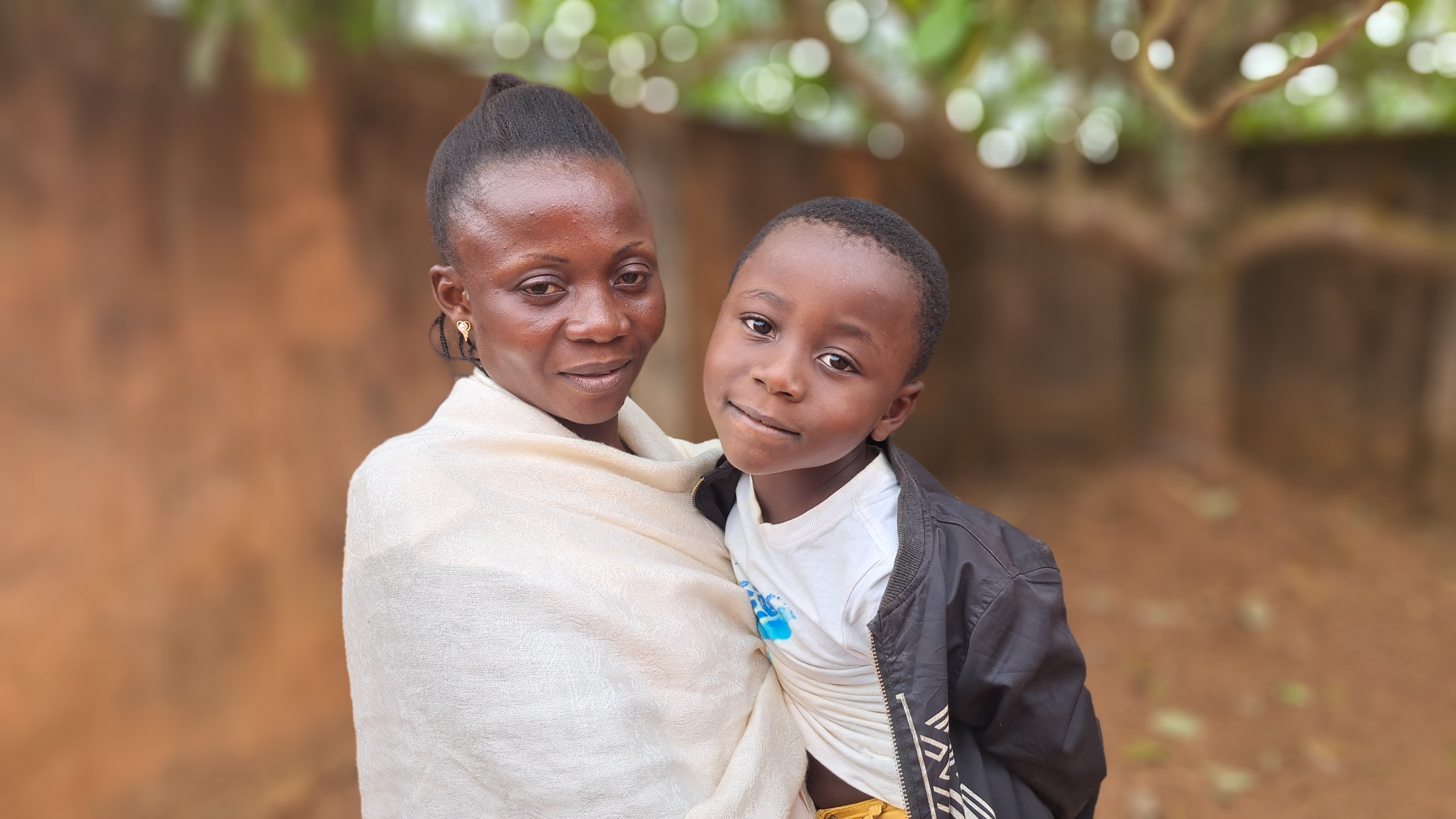Families in Zaire Sensitised to be Pioneers in Child Protection
Isabel Nzinga is a beneficiary of the Child Education and Protection Project (ECPP) through the component All United for Early Childhood (TUPPI), implemented by World Vision Angola in the province of Zaire with funding from Azule Energy. As a young child, she went to live with an aunt, lacking the presence and affection of her parents. As a result of childhood neglect, when she grew up and became a mother, she did not feel the need for connection with her child, which made it difficult for her to understand the baby’s need for attention and affection.

Since early 2023, the ECPP project has begun its interventions in the municipality of M’banza Congo with the goal of addressing the urgent need for child protection in that locality. The region is known for passing down age-old traditions and replicating certain practices regarding young children, such as accusations of witchcraft, which can have permanent consequences and compromise children’s Fundamental Rights.
In the context of community empowerment actions, cooperatives like Martins Kidito were disorganized and had low community engagement. The ECPP, along with the Citizenship Voice and Action (CVA) component, mobilized the community to start solving their own problems.
Isabel, who was already part of the cooperative, was one of those who took the lead, driven by a desire for change, and today coordinates the 29 women in the group “Brilliant Women”. The 31 male members named their subgroup “Nzola,” which means “Love” in the local Kikongo language.
Methodologies like TUPPI are being implemented to raise awareness among families about the need to pay more attention to children from birth, a stage that experts consider crucial for individual development, to improve and enhance cognitive abilities from an early age, and to provide more love and attention through affection towards their children.
“I am happy. We are learning many things. Previously, I had a lot of difficulty understanding my child, but since I have been here, I have managed to understand him better, I play with him, I know I can understand him, and many things I didn’t know before joining this group. But today I have that communication, I ensure that he has access to his rights, and even the environment with him is different,” Isabel declared with a smile.
Many children living in extreme poverty have never known the joy of having a toy for their leisure, but this methodology has shown that, for example, with cloth and sponge, parents can make a doll and bring joy to their children.
“I learned that I had the ability to make toys for my child and not just rely on buying them. We can indeed bring joy to our children with creativity and the work of our hands,” Isabel said, as did other parents who managed to create balls, toy cars, and develop other recreational activities for their children using cardboard, cans, and other recycled materials.